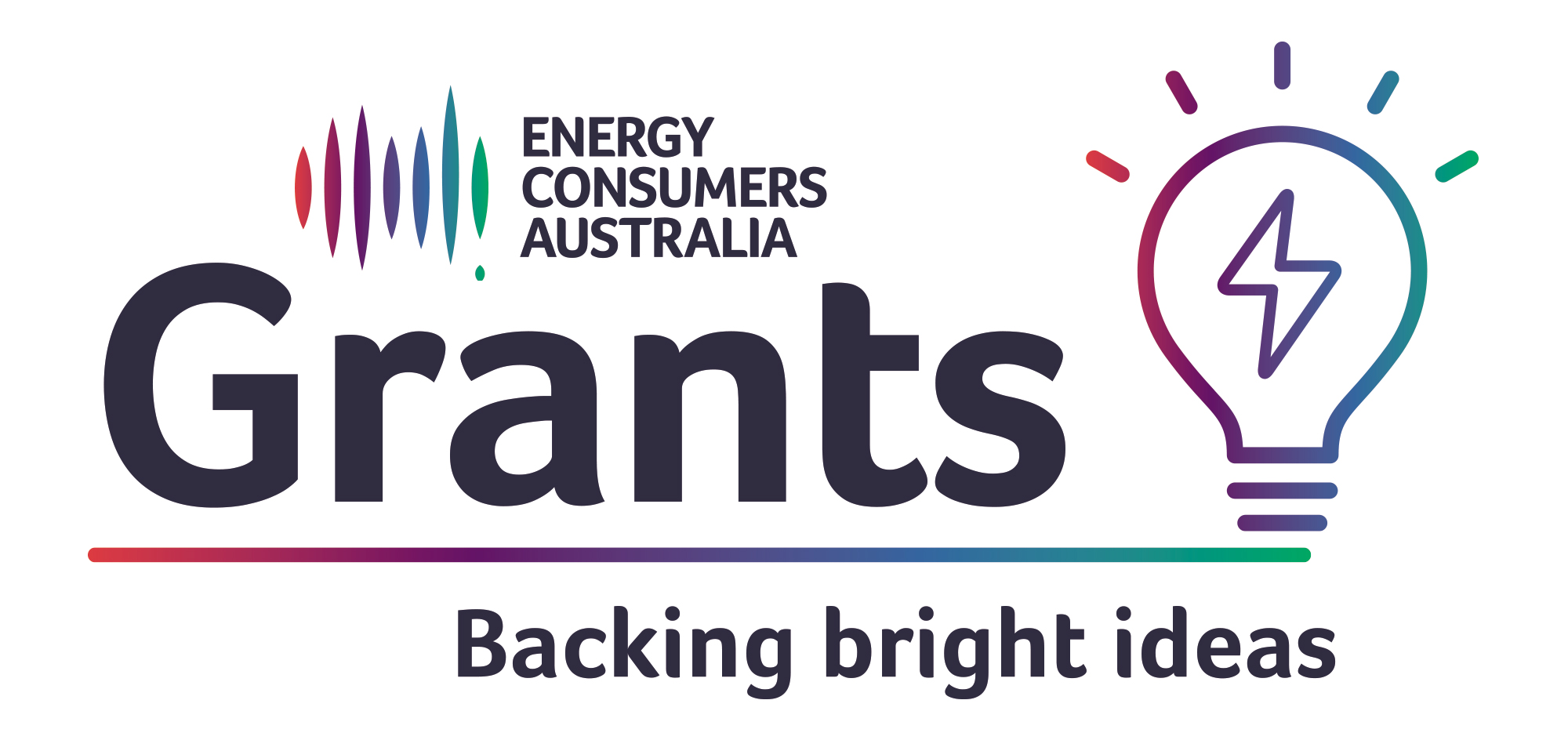To Apply You Must
- Be a not-for-profit organisation, with a purpose or mandate that permits you to advocate for residential and small business energy consumers, or a bona fide research organisation with a public purpose.
- Undertake advocacy that advances the long-term interests of household and/or small business consumers.
Which grant fits me?
There are four types of grants, all aiming to support advocacy. Before applying, it’s important that you understand which grant best suits you and your project.
Clicking on each grant type will take you to a separate page, where you can find more information and a link to apply.
Participation Grants
Are grants to a maximum of $40,000 (ex GST) to support consumer advocacy in current or forthcoming government, regulatory or industry decision-making processes that impact households and small businesses.
Read MoreInfluence Grants
Support projects aiming to immediately influence energy market practices and behaviours to improve the outcome for households and small business. These grants relate to a specific goal that can be achieved within a fixed period of time.
Read MoreCollaboration Grants
Are more complex, multi-year advocacy projects. They are put forward by a group of organisations with a collaboration track record, to drive energy systems change.
Read MoreGill Owen Scholarship
Is a scholarship awarded annually to an individual to pursue travel or related activities to research innovative international ideas and programs that could improve energy consumer outcomes in Australia.
Read MoreCan research be funded through the Grants Program?
Research is an eligible activity for all streams of the Energy Consumers Australia Grants Program, as long as it is embedded in a wider advocacy project.
Read moreResearch that is part of your proposal should be future-focused and connected to the advocacy initiative you are proposing. Where it is included in your initiative, research should inform and support advocacy by:
- Providing a robust, topical, and well-informed evidence base.
- Building knowledge among advocates, decision makers and industry.
Energy Consumers Australia expects applicants who include research in their proposal to identify existing foundational or relevant research upon which they intend to rely.
Where empirical research is part of a project it will be essential that methodologies are robust. Social research should use ethical frameworks such as the professional and quality standards of the Australian Market and Social Research Society.
Co-contribution and administrative overheads
Energy Consumers Australia expects organisations to commit their own resources to a project – either financially or in-kind.
Read moreWe anticipate that an organisation’s contribution would be in line with the size of the grant sought and its resources, recognising that community sector organisations can have limited capacity to make a financial contribution.
Our operations, including the Grants Program, are funded by National Energy Market[1] consumers through a small market levy. The Program is therefore focused on being strictly accountable for the allocation of grant funds and on achieving the best possible outcomes for the gas and electricity consumers who support it.
An important consideration in assessing a grant application is its value for money. We therefore expect administrative overhead costs to be minimized. When included, those costs will be closely scrutinized.
[1] The National Energy Market means the National Electricity and National Gas Markets established under national energy law
When can I apply?
Read moreParticipation Grants open for applications on October 13, 2021.
Influence and Collaboration Grants open for application on 1 February 2022.

